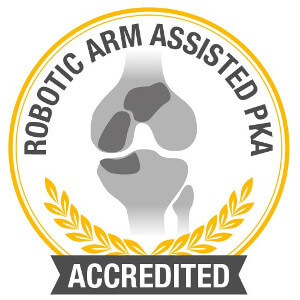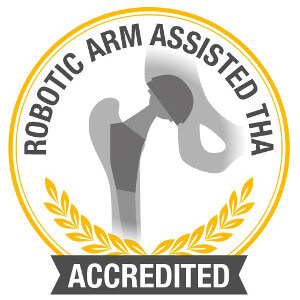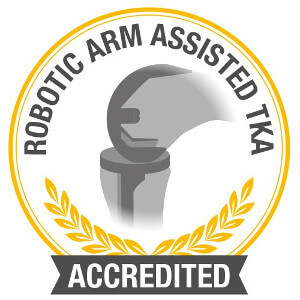
ProOrtho is here to help you get back on track. Choose an experienced surgeon with sub-specialty trauma training to help you get back on your feet.
Fractures
Broken bones and minor injuries can often be treated successfully without surgery, however, injuries with significant deformity or associated with skeletal instability often will require surgical treatment.
Many treatment methods are available including:
- Plating (plates and screws)
- Intra-medullary nailing (internal rod)
- Wiring
- External fixation (external frame)
Often the procedures may be performed minimally invasively, sometimes larger incisions are necessary to allow good visualisation of the injury. Some fractures are not suitable for repair or fixation; alternate procedures may be required, such as a replacement, excision, or fusion.
Peri-prosthetic Fractures
Fractures around existing implants or joint replacements can be challenging to treat. Choose a surgeon with a sub-specialisation and experience with these conditions. More info…
Soft Tissue Injuries
Lacerations – open cuts in limbs need to be assessed promptly and expertly for potential deep damage to muscles, tendons, bone, nerves and blood vessels. Often operative procedures are required to repair structures and decontaminate the wound to prevent infection.
Sports Injuries
We can assist with a wide variety of lower limb sports injuries from minor sprains to ligament ruptures or fractures.
Common sports injuries requiring surgery include:

Knee
Anterior cruciate ligament rupture – we advocate surgical reconstruction for most active patients who have sustained this injury. Anterior cruciate ligament or ACL plays an integral part of normal knee kinematics. Patients whose employment or their sporting pursuits require pivoting or twisting knee movements would most benefit from an ACL reconstruction.
Collateral ligament injury
Many low grade injuries can be treated with appropriately supervised bracing followed by rehabilitation however, many patients would benefit from surgery to prevent long-term knee laxity or instability.
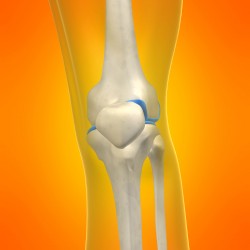
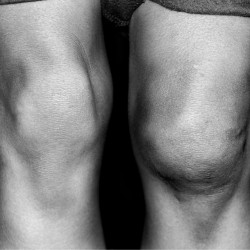
Patella (knee cap) dislocation
This is a common sporting injury. The patella can dislocate following simple twisting of the knee or after a direct impact to the knee. Often a visit to the hospital Emergency Department is necessary following a first time dislocation. Patients should seek advice from an orthopaedic or sports specialist as treatment protocol can vary from patient to patient.
Most are treated without surgery, however, in many cases, surgery is required to prevent further dislocations.
Hip
For athletes, playing sports, running, falling, heavy impact and overuse can lead to hip strains, hip pointers, hip bursitis and something called femoroacetabular impingement. Hip injuries require immediate medical intervention to avoid further complications. Arthroscopic intervention may assist in your return to full strength and get you back in the game.
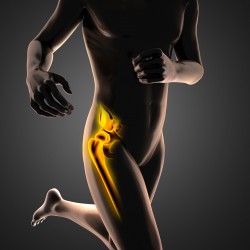
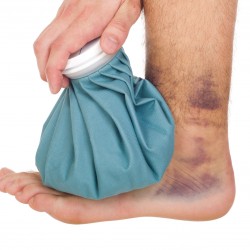
Ankle
Ankle sprains are common; most people who have sustained an inversion injury (foot turning in) would not require any specific investigation or management apart from RICE treatment (Rest, Ice, Compression and Elevation).
Ottawa rules should be observed for obtaining an X-ray.
Ankle fractures
Human ankle joints have a very small surface area and any incongruity or instability will cause long-term disability. Ankle fractures should be accurately assessed and decisions to treat the injury with or without surgery should be made after seeing an orthopaedic surgeon.


